Introduction:
How to fix refrigerator knocking noise? Hearing a knocking noise from your refrigerator can be unsettling and a sign that something is amiss. Addressing this issue promptly prevents potential damage and maintains your refrigerator’s efficiency. This comprehensive guide explores the possible causes of knocking noises, step-by-step troubleshooting, and preventive measures to keep your refrigerator running smoothly. Understanding these aspects will ensure you enjoy a quiet and well-functioning new 2024 refrigerator appliance.
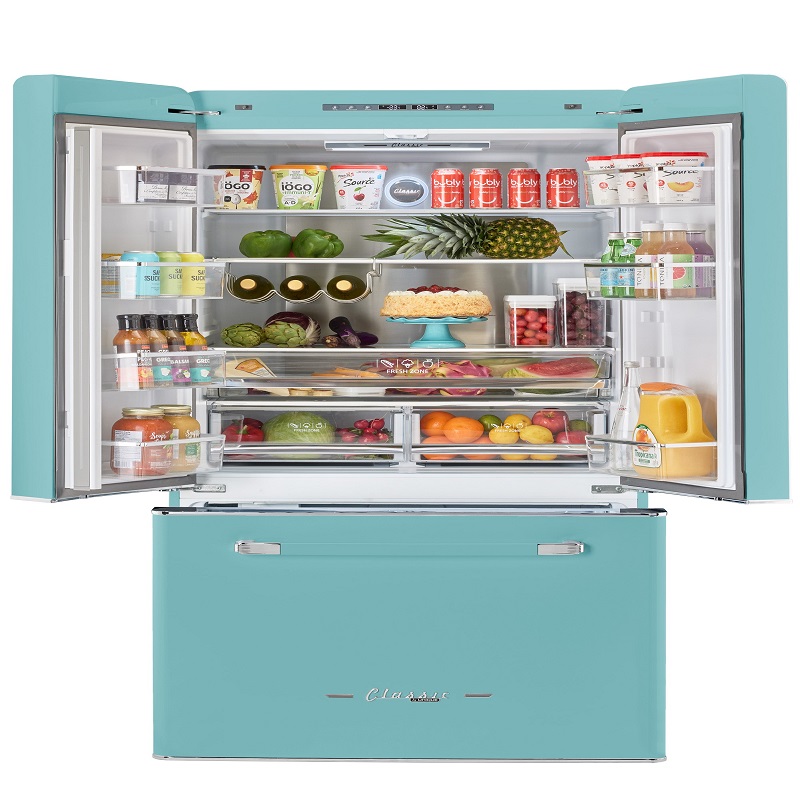
How to Fix a Refrigerator Knocking Noise?
Understanding Causes of Knocking Noises in Refrigerators
Several factors can contribute to knocking noises in your refrigerator. Identifying the root cause is crucial for effective troubleshooting and repair.
Compressor Issues: The compressor is the heart of your refrigerator’s cooling system. A faulty or malfunctioning compressor can produce knocking or banging noises, indicating it’s struggling to start or stop.
Evaporator or Condenser Fan Problems: Refrigerators have fans to circulate air around the evaporator and condenser coils. Issues like loose blades, debris, or worn-out fan motors can cause knocking noises as the blades hit obstructions or the motor struggles to turn.
Water Line and Ice Maker: If your refrigerator has a water line or ice maker, knocking noise from refrigerator might come from these components. Blockages, kinks in the water line, or issues with the ice maker’s motor can create disruptive sounds.
Thermal Expansion and Contraction: Temperature changes within the refrigerator can cause materials to expand and contract, leading to occasional knocking noises. This phenomenon is usually harmless but can be alarming.
Loose or Damaged Components: Various internal components, such as shelves, drawers, or mounting brackets, can become loose or damaged over time, resulting in knocking noises as the refrigerator operates.
Required Tools and Materials
Having the right tools and materials makes the troubleshooting and repair process more efficient.
Required Tools:
- Screwdrivers (Phillips and flathead)
- Wrench or socket set
- Pliers
- Multimeter (for electrical testing)
- Work gloves (for protection)
- Flashlight (for better visibility)
Cleaning Supplies:
- Soft brush or vacuum cleaner with a hose attachment
- Mild detergent or appliance cleaner
- Clean cloth or towel
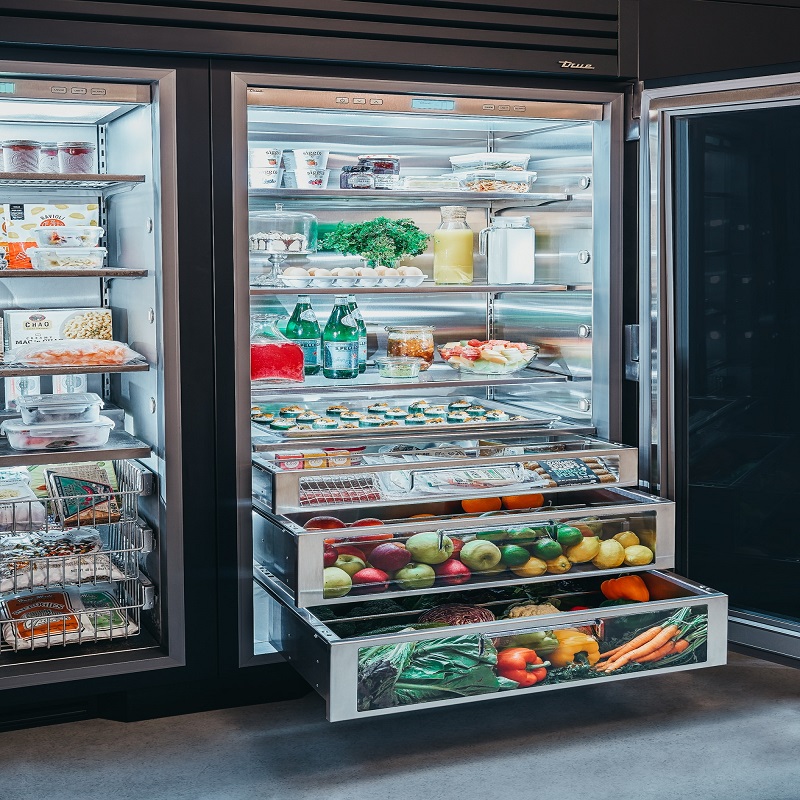
Step-by-Step Guide to Fixing Refrigerator Knocking Noises
Follow these detailed steps to diagnose and fix knocking noises in your refrigerator.
Step 1: Safety First
Unplug the Refrigerator: Before starting any troubleshooting or repair work, unplug the refrigerator from the electrical outlet. This step ensures your safety and prevents electrical hazards.
Wear Protective Gear: Wear work gloves to protect your hands from sharp edges or components. Safety goggles can also protect your eyes from dust and debris.
Step 2: Check and Clean the Compressor Area
Locate the Compressor: The compressor is usually located at the back or bottom of the refrigerator. Access it by removing the back panel using a screwdriver.
Inspect the Compressor: Check the compressor for visible issues such as loose components, obstructions, or physical damage. Use a flashlight for better visibility.
Clean the Compressor Area: Use a soft brush or vacuum cleaner to remove any dust, dirt, or debris around the compressor. Keeping this area clean helps the compressor operate efficiently and reduces noise.
Test the Compressor: Plug the refrigerator back in and listen closely to the compressor as it starts. If the fridge making a knocking noise refrigerator persists, the compressor may be faulty and require professional repair or replacement.
Step 3: Inspect the Evaporator and Condenser Fans
Locate the Fans: The evaporator fan is typically located inside the freezer compartment, while the condenser fan is near the compressor at the back or bottom of the refrigerator.
Access the Fans: Remove the necessary panels or covers to access the fans. Use a screwdriver to remove any screws holding the panels in place.
Inspect the Fan Blades: Check the fan blades for signs of damage, obstructions, or looseness. Spin the blades manually to see if they move freely and without noise.
Clean the Fans: Use a soft brush or vacuum cleaner to remove any dust or debris from the fan blades and housing. Ensuring the fans are clean and unobstructed helps reduce noise.
Test the Fans: With the refrigerator plugged back in, listen for knocking noises as the fans operate. If the noise persists, the fan motor may be faulty and require replacement.
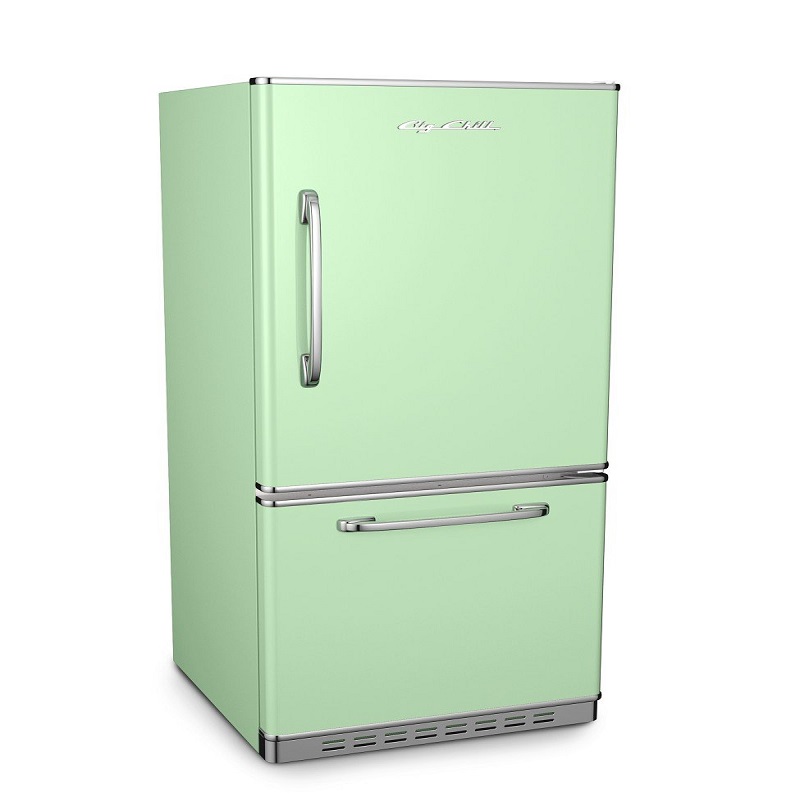
Step 4: Examine the Water Line and Ice Maker
Inspect the Water Line: If your refrigerator has a water line, check for kinks, blockages, or damage. Ensure the water line is properly connected and unobstructed.
Check the Ice Maker: Access the ice maker by removing any necessary panels or covers. Inspect the ice maker’s motor and mechanism for visible issues or obstructions.
Clean the Ice Maker: Clean the ice maker’s components with a mild detergent or appliance cleaner to remove any buildup that might be causing noise. Ensure all parts are dry before reassembly.
Test the Water Line and Ice Maker: After cleaning and inspecting, plug the refrigerator back in and test the water line and ice maker. Listen for any knocking sound in refrigerator during operation.
Step 5: Address Thermal Expansion and Contraction
Identify Sources: Thermal expansion and contraction noises often come from the refrigerator’s interior surfaces. Listen carefully to identify the specific location of the sounds.
Monitor the Noise: Observe if the knocking sound from refrigerator coincides with temperature changes, such as the cooling cycle turning on or off. This pattern suggests thermal expansion and contraction.
Minimize Impact: Although harmless, these noises can be minimized by ensuring proper ventilation around the refrigerator leaking and not overloading it, allowing air to circulate efficiently.
Step 6: Tighten Loose Components
Inspect Internal Components: Check shelves, drawers, and other internal components for signs of looseness or damage. These parts can produce knocking noises if they move during operation.
Tighten or Adjust: Use a screwdriver or wrench to tighten any loose screws, bolts, or mounting brackets. Adjust shelves and drawers to ensure they fit securely.
Secure Loose Items: Remove any items that may be causing noise due to movement. Secure them properly to prevent further noise.
Step 7: Monitor the Refrigerator
Test for Noises: Once all potential issues have been addressed, plug the refrigerator back in and monitor it for knocking noises. Listen closely during different operation cycles to ensure the problem is resolved.
Seek Professional Help: If knocking noise in refrigerator despite your efforts, consider seeking professional help. A certified technician can diagnose and repair more complex issues that may not be easily identifiable.
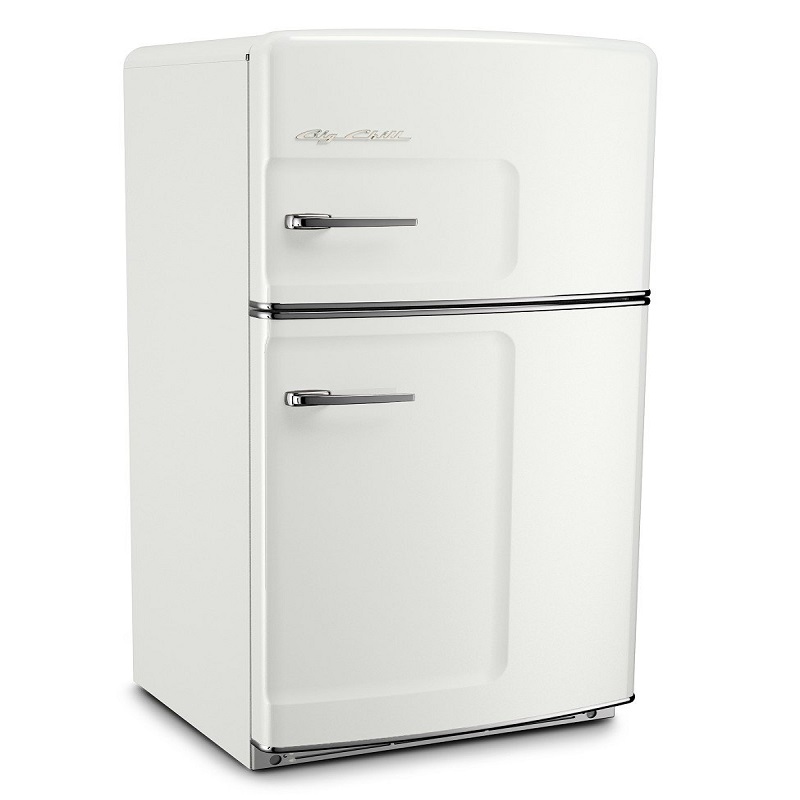
Preventative Tips to Avoid Knocking Noises
Implementing preventative measures helps maintain your refrigerator’s efficiency and reduces the likelihood of knocking noises.
Regular Maintenance: Perform regular maintenance, such as cleaning the compressor area, fans, and ice maker, to prevent buildup and obstructions that can cause noise.
Proper Ventilation: Ensure your samsung refrigerator has adequate ventilation around it. Avoid placing it too close to walls or enclosed spaces, as restricted airflow can affect performance and cause noises.
Balanced Load: Avoid overloading your refrigerator with heavy or unbalanced items. Even distribution of weight helps maintain stability and reduces noise from shifting items.
Check for Loose Components: Periodically inspect shelves, drawers, and internal components to ensure they are secure and in good condition. Tighten any loose parts to prevent movement and noise.
User Insights and Experiences
Learning from other users’ experiences with refrigerator knocking noises can provide valuable insights and practical tips.
Positive Feedback: Many users successfully resolve knocking noises by regularly cleaning and maintaining key components like the compressor, fans, and ice maker. Proper handling and regular checks ensure smoother operation and reduced noise.
Common Problems and Solutions: Common issues include clogged fans, dirty compressor areas, and loose components. Users often find that thorough cleaning and tightening parts effectively eliminate knocking noises.
Maintenance Practices: Frequent maintenance and mindful handling contribute significantly to minimizing operational noise. Users report that adopting preventative measures extends the lifespan of their refrigerators.
Professional vs. DIY Repairs: While many users handle minor issues through DIY troubleshooting, professionals are recommended for complex problems. Expert help ensures accurate diagnosis and repair, preventing further damage.
Precautions for using refrigerator
The refrigerator is an essential appliance in our daily lives, helping us store and preserve food for longer periods. However, to ensure its proper functioning and longevity, it is important to follow certain precautions and maintain it correctly.
Proper Placement:
The placement of a refrigerator is crucial for its optimal performance. Ensure that it is positioned in a well-ventilated area, away from direct sunlight, heating sources, and other appliances that generate heat. Proper ventilation is necessary to prevent overheating and enable the fridge to cool efficiently.
Temperature Control:
Maintaining the appropriate temperature inside the refrigerator is essential for preserving food and preventing bacterial growth. Set the temperature between 35°F (2°C) and 38°F (3°C) for the refrigeration compartment and below 0°F (-18°C) for the freezer compartment. Use a refrigerator thermometer to check and adjust the temperature as needed.
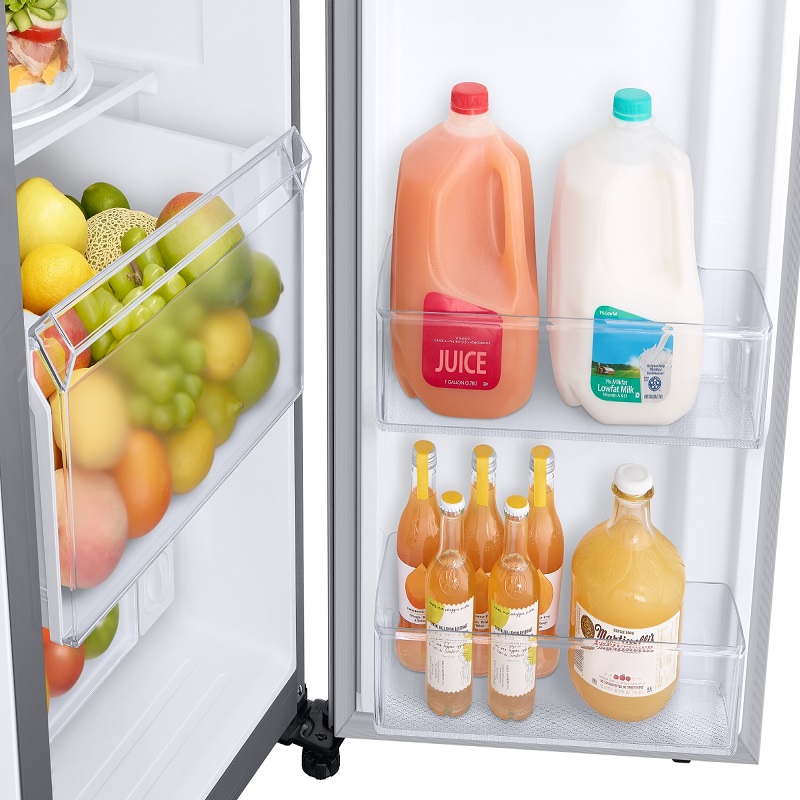
Conclusion
Addressing knocking noises in your refrigerator requires understanding potential causes, following detailed troubleshooting steps, and implementing preventative measures. Identifying issues like compressor problems, fan obstructions, water line issues, thermal expansion, and loose components helps you diagnose and fix knocking noises effectively. Regular maintenance and mindful handling prevent recurrence and ensure your refrigerator’s smooth and quiet operation. Whether through DIY troubleshooting or professional assistance, addressing knocking noises promptly enhances your appliance’s efficiency and longevity, ensuring a comfortable and functional kitchen environment.
